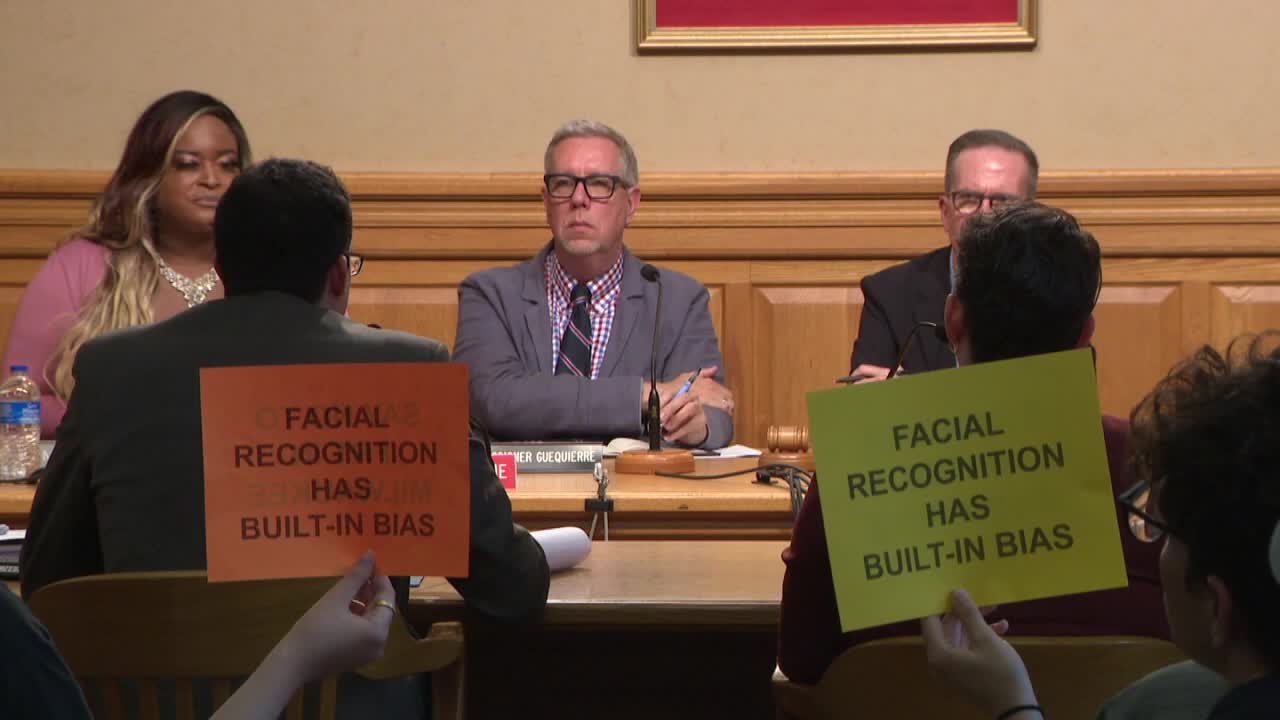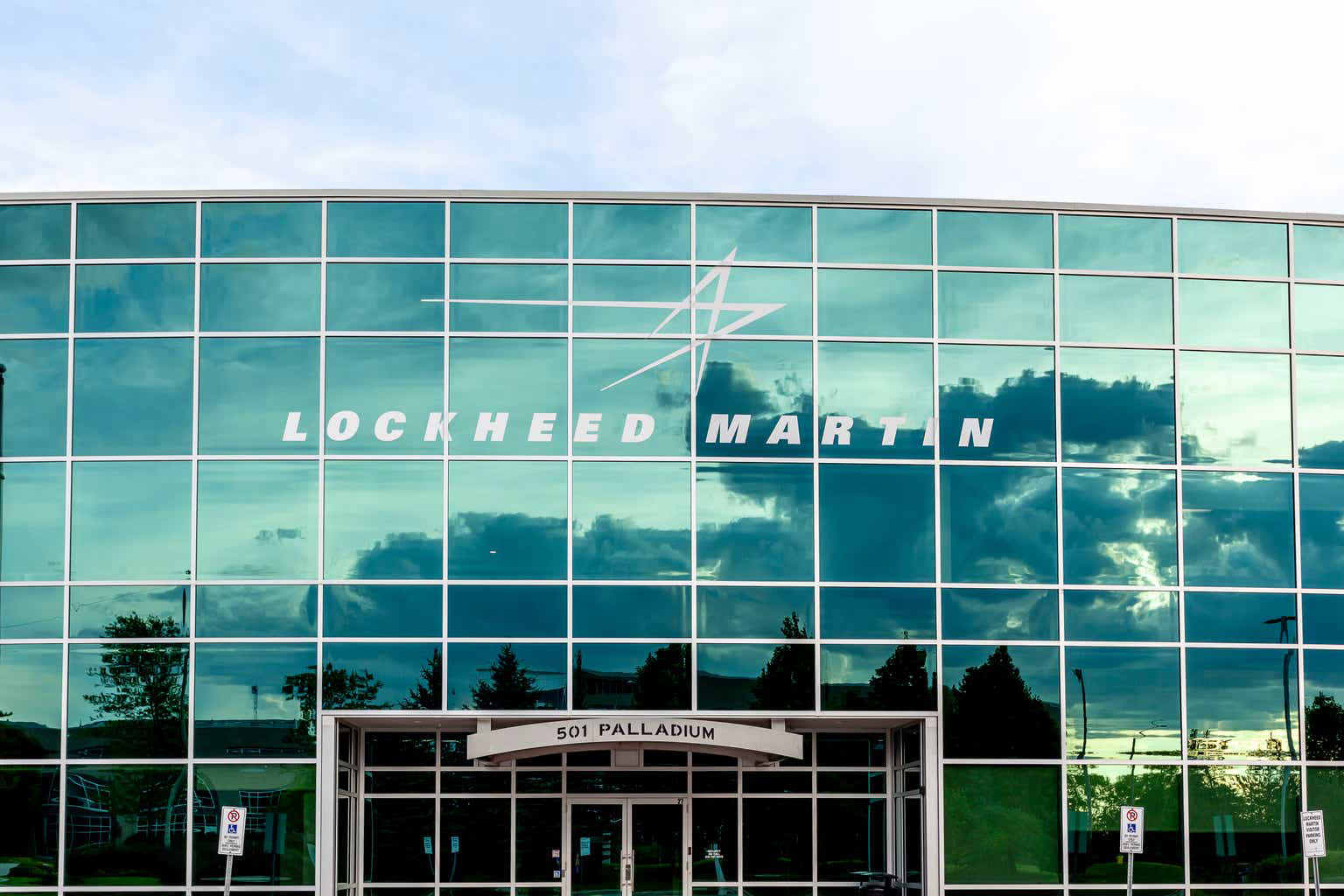Milwaukee Police Department's Facial Recognition Push Sparks Privacy Concerns and Community Debate

The Milwaukee Police Department (MPD) is facing growing scrutiny and community concern over its proposed expansion of facial recognition technology. While proponents argue the technology could be a valuable tool for crime prevention and investigation, critics raise serious questions about privacy, accuracy, and potential for bias. The debate highlights a broader national conversation about the appropriate use of AI in law enforcement.
What's the Proposal? The MPD is seeking approval to significantly increase its use of facial recognition software, potentially scanning images from public and private sources to identify suspects and monitor public spaces. They claim this technology will help solve crimes more efficiently, identify missing persons, and deter criminal activity. The department envisions using it to analyze surveillance footage, social media posts, and even DMV photos.
Community Concerns: A Rising Tide However, the proposal has ignited a firestorm of opposition from civil liberties groups, community organizations, and residents who fear the technology will lead to mass surveillance and disproportionately impact marginalized communities. Key concerns include:
- Privacy Violations: Critics argue that widespread facial recognition monitoring erodes personal privacy and creates a chilling effect on free speech and assembly.
- Accuracy and Bias: Studies have repeatedly shown that facial recognition algorithms are less accurate when identifying people of color and women, leading to potential misidentification and wrongful accusations. This bias could exacerbate existing inequalities in the criminal justice system.
- Lack of Transparency and Oversight: Concerns exist regarding the lack of clear policies and oversight mechanisms governing the use of facial recognition data. How will the data be stored? Who will have access to it? How will errors be corrected? These questions remain largely unanswered.
- Potential for Abuse: There's fear that the technology could be used to target political dissidents, protesters, or individuals based on their beliefs or affiliations.
The Legal Landscape and Existing Regulations Several cities across the US have already implemented restrictions or outright bans on facial recognition technology due to these concerns. The legal landscape is evolving rapidly, with ongoing debates about the constitutionality of using facial recognition without warrants or clear legal frameworks. Milwaukee's current regulations are perceived by many as inadequate to address the potential risks.
MPD's Response and Arguments The MPD maintains that the technology will be used responsibly and in accordance with legal guidelines. They emphasize that facial recognition is just one tool among many and will be used to supplement, not replace, traditional policing methods. They also state they are committed to addressing concerns about accuracy and bias through ongoing training and algorithm evaluation. However, skeptics remain unconvinced, arguing that the potential for harm outweighs the potential benefits.
The Path Forward: Balancing Security and Civil Liberties The debate in Milwaukee underscores the complex challenge of balancing public safety with individual rights in the age of advanced technology. A productive path forward requires:
- Robust Public Debate: Open and transparent discussions involving all stakeholders – law enforcement, community members, civil liberties experts, and policymakers – are essential.
- Clear and Comprehensive Policies: Strict regulations governing the use of facial recognition data, including limitations on data retention, access controls, and oversight mechanisms, are crucial.
- Independent Audits: Regular audits of facial recognition systems to assess accuracy, identify bias, and ensure compliance with policies are needed.
- Community Input and Consent: Engaging with communities to understand their concerns and seek their input on how the technology is used is paramount.
The future of facial recognition technology in Milwaukee, and across the nation, hinges on finding a responsible and equitable approach that protects both public safety and fundamental civil liberties.






